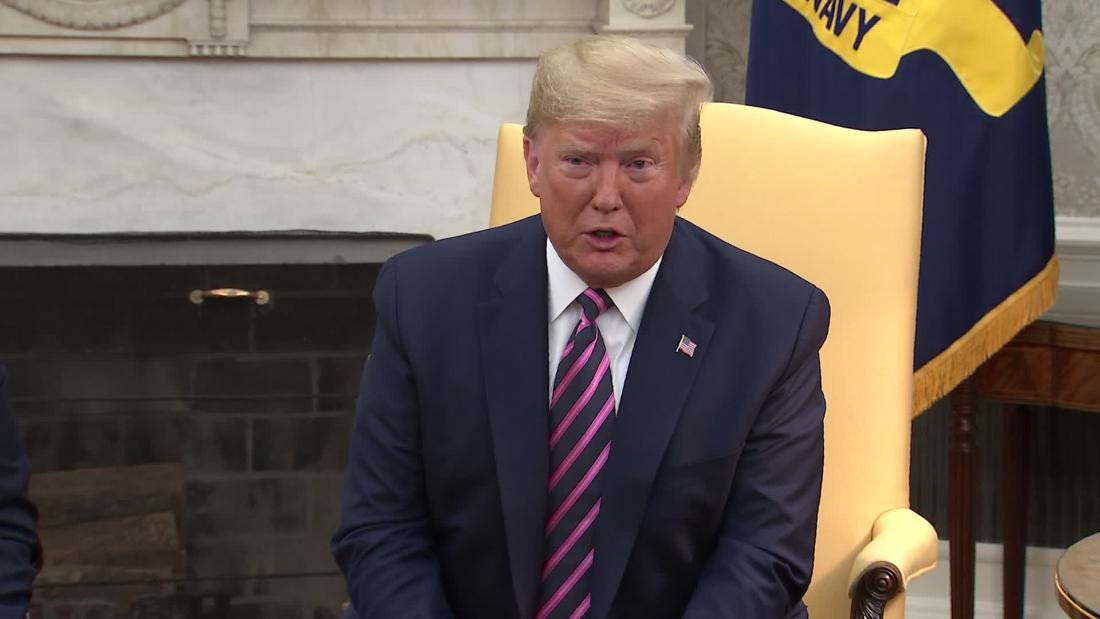
Figures such as these, however, can often obscure as much as they reveal. Trump's standing with all religious voters -- and, in particular, nonwhite religious voters -- is considerably weaker than it is among white evangelicals.
Heading into the 2020 general election, Trump can certainly count on the strong backing of white born-again evangelicals. If he loses, however, it'll be in part because his approval rating is only in the low 40s among those who attend religious services at least once a week and are not white born-again evangelicals.
Even when we concentrate on born-again evangelicals, there are plenty of nonwhite Americans. In fact, nearly 40% of born-again evangelicals nationwide are not white. This includes nearly 20% who are African American. (In a Democratic primary, the majority of born-again evangelicals are nonwhite.)
Simply put, Trump's not popular with nonwhite born-again evangelical voters. His approval rating with them was a mere 29% in an average of April and May CNN polls. Among African American born-again evangelicals, Trump's average approval rating was just 7%. These figures are pretty much unchanged from the percentage of these groups who voted for Trump in 2016, according to the Cooperative Congressional Election Study (CCES).
When you combine white and nonwhite born-again evangelicals, Trump currently has an approval rating in the high 50s. That's certainly higher than his overall approval rating in the 40s. It isn't, however, anywhere near as high as the vast majority of white born-again evangelicals who back him.
Of course, there are other ways to measure religiosity than just someone calling him or herself born again or evangelical. Plenty of Americans regularly attend religious services and don't recognize themselves as born again or evangelical. In an average of our April and May CNN polls, a little less than 40% of those who attend religious services at least once a week say they are not evangelical or born again.
Trump's approval rating was measured at 46% with those who attend religious services at least once a week and are not born-again evangelicals. His disapproval rating was 49% among this group, which means his net approval (approval - disapproval) rating was -3 points. Keep in mind, the majority of this group (about 55%) is white, so this isn't just about this group containing fewer whites than the born-again evangelical bloc.
Indeed, Trump's approval rating was around 60% among whites who aren't born-again evangelicals but attend religious services at least weekly. That's well above his overall approval rating, but about 15 points lower than it is among white born-again evangelicals.
Broadening it out once more, Trump's approval rating averaged 53% in May and June among all Americans who attend religious services at least once a week. This was only 10 points above the 43% approval rating he earned overall.
Interestingly, the divide on Trump between born-again evangelicals and religious voters as a whole has been evident since the 2016 primary. While Trump did about as well among born-again evangelicals as he did among primary voters overall, the CCES found he did about 15 points worse among those who attended religious services more than once a week. Even in the last competitive primary (Indiana), he lost this group to Ted Cruz.
Bagikan Berita Ini














0 Response to "White evangelicals love Trump. Religious voters? Not so much."
Post a Comment